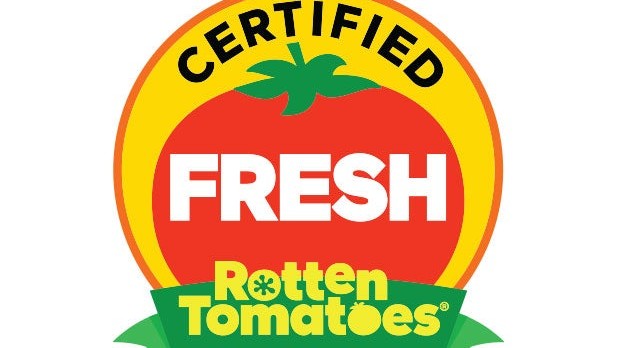The Movie Reviews You Read Are Faked, Conspiracy Uncovered

Review aggregation websites have revolutionized how films are perceived in the digital age, offering a convenient way for audiences to gauge critics’ and viewers’ opinions before deciding to spend their hard-earned money to see a movie in theaters. Some film companies, fully aware of the impact these platforms have on a movie’s success, have gone to great lengths to enhance their ratings on these sites. For instance, Bunker 15 allegedly paid reviewers to inflate their score on Rotten Tomatoes.
According to Vulture, the film PR company managed the publicity for the 2018 movie Ophelia. When the film premiered at the Sundance Film Festival in 2018, it garnered a disappointing 46 percent rotten score on Rotten Tomatoes. In an effort to improve the movie’s rating, Bunker 15 attempted to solicit positive reviews from lesser-known critics.
Bunker 15 reportedly paid reviewers to leave the 2018 film Ophelia favorable reviews on Rotten Tomatoes.
During the period from October 2018 to January 2019, Rotten Tomatoes incorporated eight new reviews into Ophelia‘s overall score. Among these reviews, seven were positive, and the majority were authored by critics who had previously reviewed at least one other Bunker 15 film.
This influx of positive reviews boosted Ophelia‘s Tomatometer score from a rotten 46 percent score to a fresh 62 percent, marking a significant turnaround for the film’s reception.

Efforts to manipulate a movie’s score on Rotten Tomatoes clearly constitute a significant breach of the platform’s rules. However, these paid positive reviews proved beneficial for Ophelia, leading to its acquisition by U.S. distributor IFC Films. Moreover, achieving a fresh score on the website helped draw increased attention to this relatively obscure title.
The bad news is that Bunker 15’s actions seem to have caught up with them. In light of claims that the company either pressured critics to alter negative reviews or attempted to compensate them for positive ones, Rotten Tomatoes has taken action. The website has removed several Bunker 15 reviews from its platform and issued a stern warning to the authors of these reviews:
“We take the integrity of our scores seriously and do not tolerate any attempts to manipulate them. We have a dedicated team who monitors our platforms regularly and thoroughly investigates and resolves any suspicious activity.”
Rotten Tomatoes
When attempting to search for Ophelia on Rotten Tomatoes, an error message appears, indicating that the page cannot be retrieved. The cause of this error remains uncertain, leaving room for speculation regarding whether it relates to Bunker 15’s actions or if it’s merely an unusual coincidence. It is reasonable to assume that the page has been temporarily disabled as the website addresses the issue surrounding the film’s alleged fake reviews.
While Rotten Tomatoes is a popular tool for moviegoers to determine whether a film is worth seeing in theaters, these scores should be approached with caution.
Rotten Tomatoes has long been a source of controversy and debate in the world of film. Although it provides a platform for both critics and audiences to voice their opinions on movies, it has also become a battleground for various groups and individuals seeking to influence a film’s reception, and, in turn, its box office performance.
While Bunker 15 allegedly attempted to improve Ophelia‘s rating by purchasing positive reviews, some passionate fan groups or detractors have resorted to “review bombing” as another method to sway public perception.
This all goes to show that, while Rotten Tomatoes is a popular tool for moviegoers to determine whether a film is worth seeing in theaters, these scores should be approached with caution. The persisting challenges of review bombing and studio interference raise concerns about the credibility of Rotten Tomatoes’ ratings.
As the ongoing battle for control over these scores wages on, it becomes increasingly vital for both the platform and its users to safeguard the integrity of film criticism, enabling authentic opinions to thrive and assist moviegoers in making well-informed decisions.












